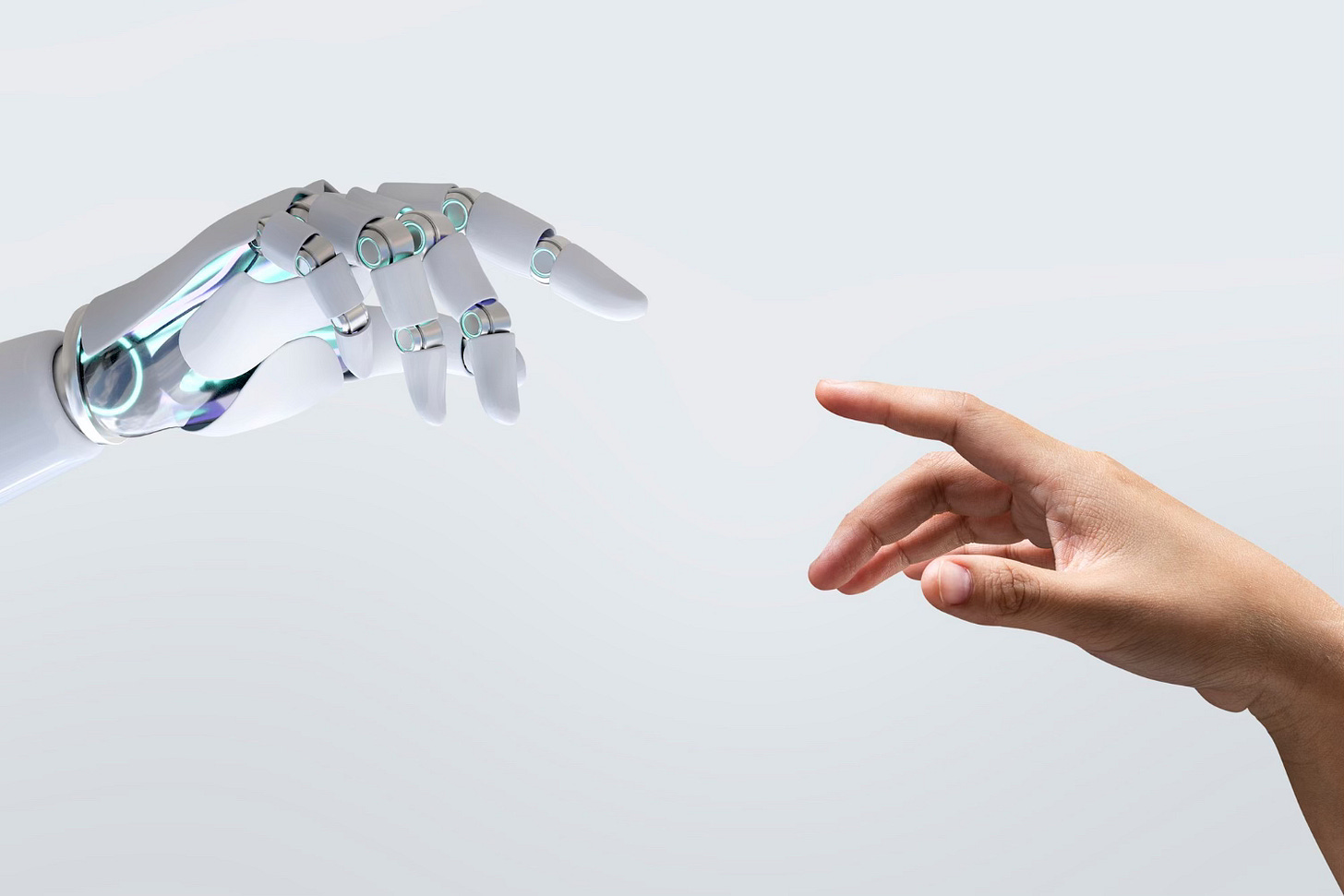Is new technology inevitable?
The same powers that enable innovation hold the potential for destruction.
Four royal sons were questioning what specialty they should master. They said to one another, “Let us search the earth and learn a special science.” So they decided, and after they had agreed on a place where they would meet again, the four brothers started off, each in a different direction.
Time went by, and the brothers met again at the appointed meeting place, and they asked one another what they had learned. “I have mastered a science,” said the first, “which makes it possible for me, if I have another but a piece of bone of some creature, to create straightaway the flesh that goes with it.” “I,” said the second, “know how to grow that creature's skin and hair if there is flesh on its bones.” The third said, “I am able to create its limbs if I have the flesh, the skin, and the hair.” “And I,” concluded the fourth, “know how to give life to that creature if its form is complete with limbs.”
Thereupon, the four brothers went into the jungle to find a piece of bone so that they could demonstrate their specialties. As fate would have it, the bone they found was a lion’s, but they did not know that and picked up the bone. One added flesh to the bone, the second grew hide and hair, the third completed it with matching limbs, and the fourth gave the lion life. Shaking its heavy mane, the ferocious beast arose with its menacing mouth, sharp teeth, and merciless claws and jumped on its creators. He killed them all and vanished contentedly into the jungle.
Could humanity’s race to develop the most advanced artificial intelligence be a fool's quest that could spell the beginning of the end? God only knows.
Sincerely
Henri Nouwen included this tale from ancient India in his book, The Wounded Healer. The original source is: Tales of Ancient India, translated from the Sanskrit by J.A.B. van Buitenen (NY: Bantam Books, 1961), pp.5051
photo courtesy of Freepik.com





